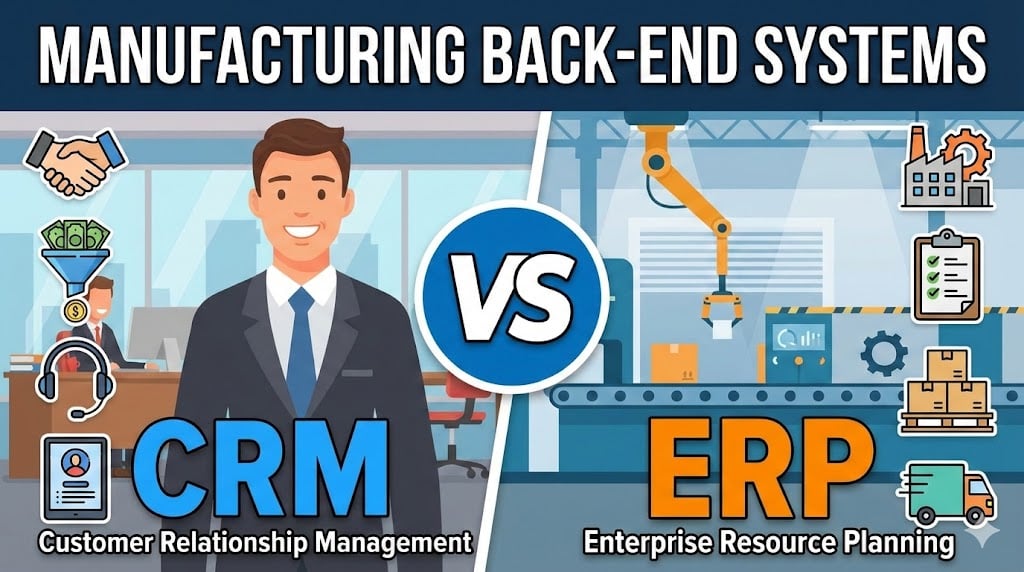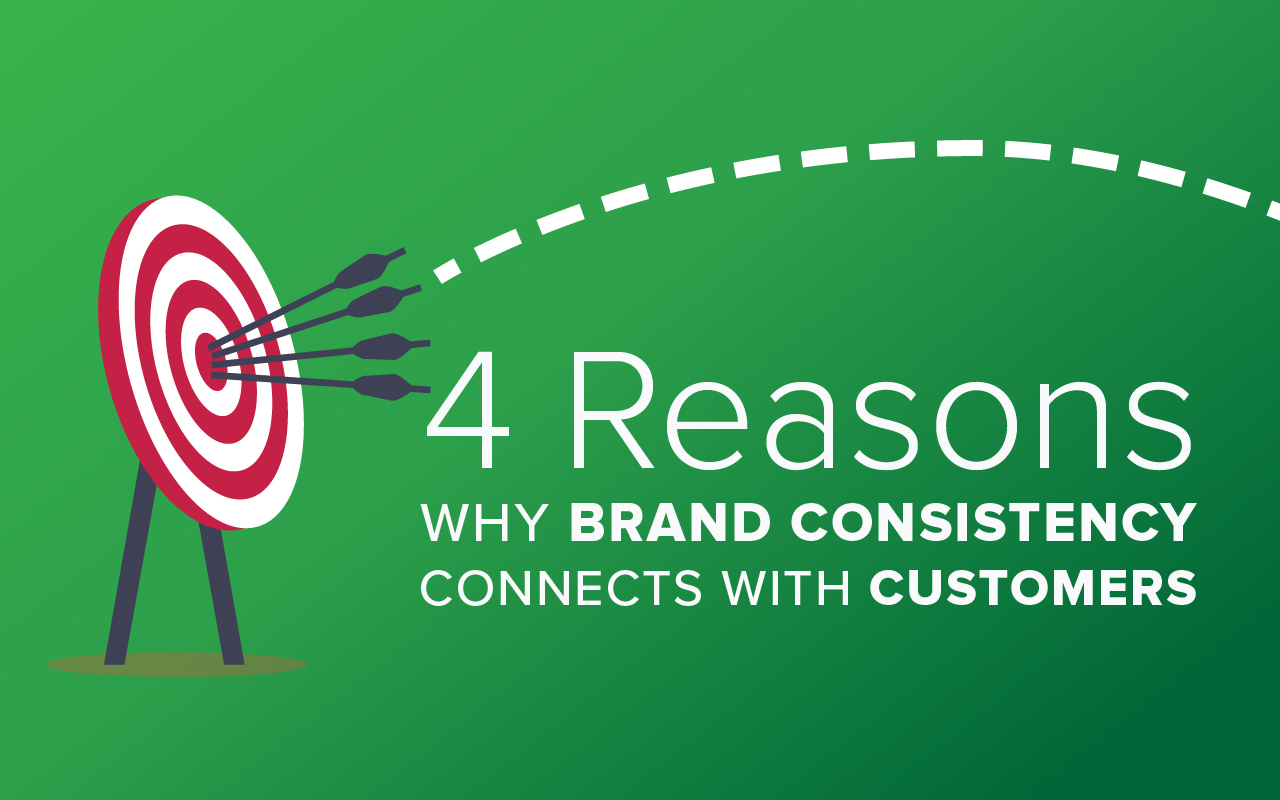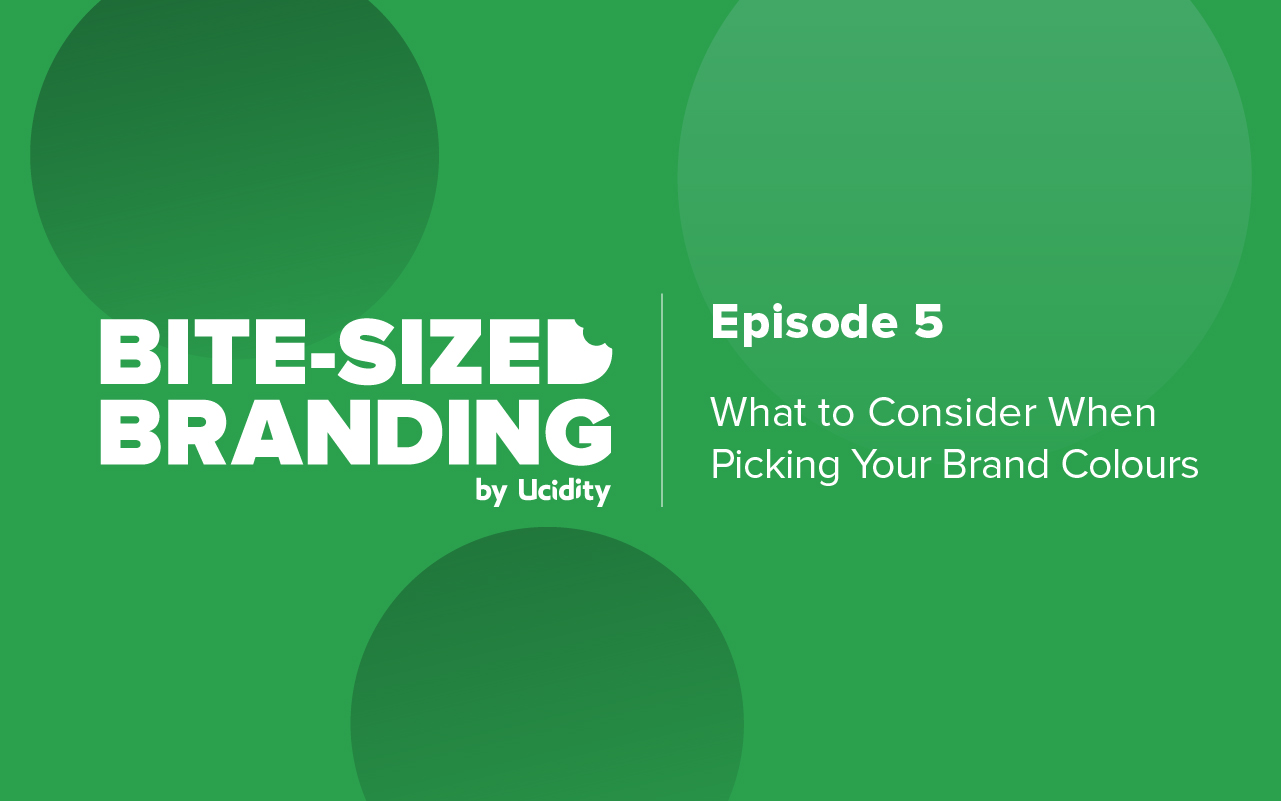
Content Marketing | 4 min read
It may seem strange to talk about a “personal” brand in a world filled with billions of people. But developing a personal brand is important if you intend to become an “influencer”. Your personal brand has to stand out, especially in this day and age where the smallest of businesses have created powerful brands. The effort to make your brand stand out maybe a bit daunting at first. Hang in there and read on.
One of the challenges you may possibly encounter as you try to gain your personal brand’s “voice” is how you can make it distinctive enough to make an impact. Think of the possibility that other influencers or brands also have the same vision and goal as you do. This is your time to get really creative and put your thinking hat on. Think of ways to stand out and make your brand noteworthy!
Defining a Brand Through the Right Brand Elements
A brand is one of those intangible factors that a brand advocate would need to influence a market in their favour. Having intangible factors means that you might already have a solid personal brand but find it hard to communicate its purpose and how the audience or the consumers will benefit from it.
For a headstart, you’ve got to have a brand that is strong enough to make noise impossible to ignore. When this happens, the audience starts recognizing you and if they see that your products, services, and brand elements are beneficial for them, they could just join the bandwagon. You gain that solid personal brand by knowing the brand elements that make you “YOU.”
In most cases, personal brands are shaped and polished by the influencer’s ability to take cues from their personal experiences. As the cliche goes, “experience” is the best teacher. People love a good story. Stories that talk about how someone was at a low point but rose above against all hindrances are a box office hit for marketers and influencers alike. Stories connect your audience to your personal brand and vice versa.
Personal experiences are potent catalysts that push you to do something about a perceived problem. Successful influencers often experienced something that drove them to take action.
Before you get started on any business or personal brand creation, figure out you’re “Why” first. Figuring out the “Why” to your brand makes a huge difference. The “Why” allows you to plan and decide with passion versus purely business intentions.
Partnering With Other Brands
A good way to form your brand is to look for other existing brands out there. You can then collaborate with these other brands through activities that will catch the market’s attention. You might say, “I just knew they were the right one” to explain the collaboration.
This kind of attitude means you subconsciously already know what your brand is. You’re just having trouble defining and articulating the brand image. And since you know what you’d like your brand to be associated with, it is easier to be convinced that your brand elements eventually will make sense to keep.
Looking for Brand Gains
As you go about your collaborations with other strong brands, you should be aware of what you stand to gain from these. You should also get familiar with what other brands could derive from you. It’s a give-and-take kind of relationship whose rewards can be astronomical when done right.
Sometimes, there are gains that you aren’t aware of (such as developing a brand image) until you’ve collaborated with other brands. You will notice that existing brands do well when identified with projects, products, and services similar in scope and context.
This explains why some brands have joined forces as “partners” for years. They have the same shared brand elements, so they succeed and want to succeed with their partners. Though the initial stages of the partnership are not clearly defined, they eventually realize what makes them work as a team.
Finding Missing Elements to Complete Your Brand
Defining and putting your brand out in the open may have its twists and turns. No one promises an easy way out of it, but once you’ve established your personal brand, it’s well worth the efforts you’ve put into it.
Let’s take this as an example. Other influencers also like their fellow influencers and honestly copy each other’s style. Now, we know is this counterintuitive, but influencers have built their styles partly by modelling from the others and putting their personal flair into it.
Profits Do Not Automatically Define a Brand
Although profits are one way of measuring brand success, it’s not always about money. For example, your brand may connect with people as a non-profit or even as a charity. In turn, other influencers may want to associate with your brand.
Public relations (PR) is vital to anyone trying to define a strong brand. Your brand can become recognized for the suitable activities, products, and services. Good PR will help you gain access to market players who are more established brand-wise. Profits just come after the market accepts your activity or event.
If you intend to develop a personal brand with the end goal of being recognized as an influencer, have a deeper understanding of what your end goal is. It would help if you considered what activities might bring you closer to your end game of being tagged as an influencer for the particular market you have entered. Only then can you expect huge returns from your role as a brand influencer.
Published on November 02, 2021



-3.jpg)

